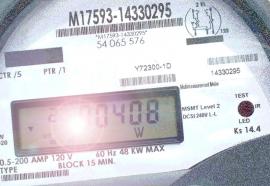Dynamic Pricing Works in a Hot, Humid Climate
Evidence from Florida
We examine the impacts of dynamic pricing on conservation and load shifting in the hot and humid climate of Florida. We then compare the results to those from dynamic pricing experiments across the world. Our evaluation is based on the Energy Smart Florida pilot study, which was run by Florida Power and Light, the third-largest electric utility in the United States.











